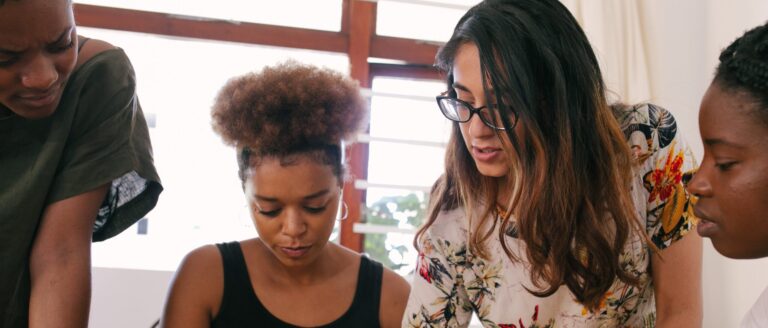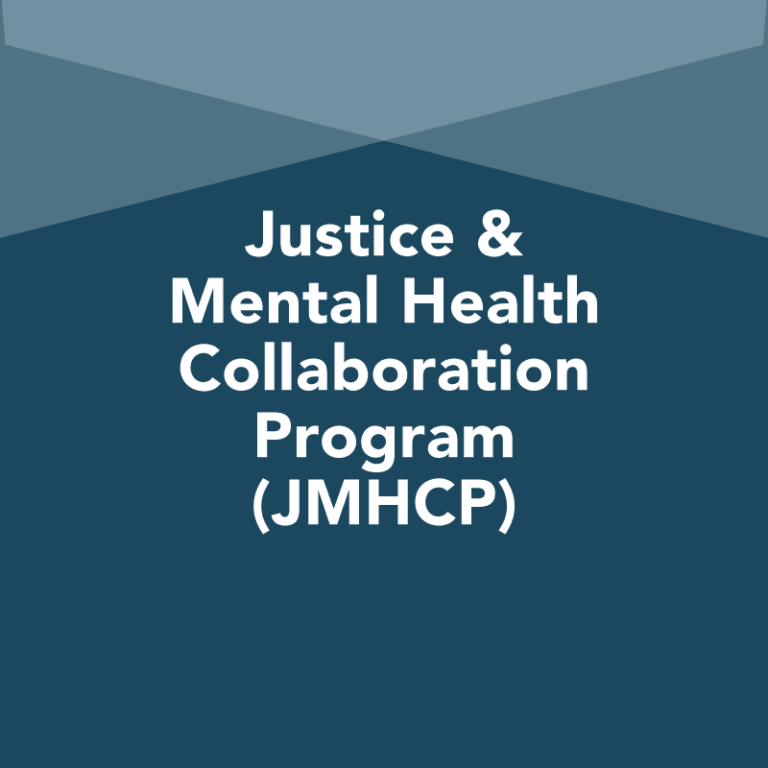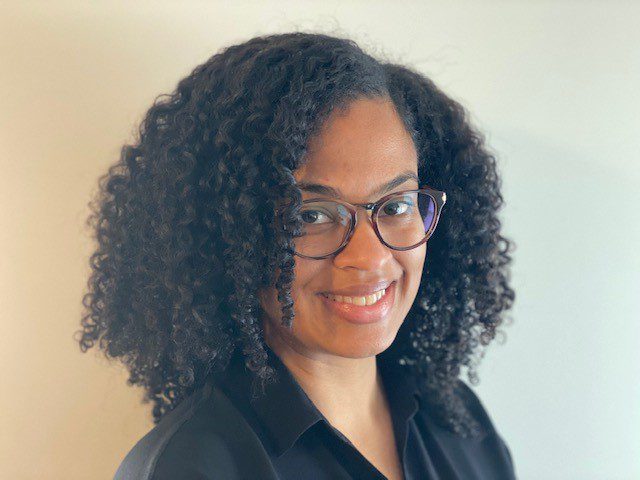Many jurisdictions have adopted restorative justice programs as a way to divert youth from juvenile justice system involvement. Unlike traditional juvenile justice system responses—such as arrest and incarceration—restorative justice programs are more responsive to youth needs and more effective in preventing future crimes because they help young people take responsibility for their behavior and repair the harm that was caused to victim(s) and the broader community. When implemented in a trauma-informed manner, they also hold young people accountable for their actions while acknowledging the impact of trauma on a young person’s behavior to determine how to best respond to their needs. This brief describes how juvenile justice stakeholders can support restorative justice approaches to minimize youth involvement in the juvenile justice system and potentially address their behavioral health needs while also preserving public safety. Photo by Martyna Bober on Unsplash.
Related Resources

Preparing Law Enforcement Agencies for Embedded Clinicians
Crisis Systems, Law Enforcement, Mental Health
Read more
Building Successful Partnerships with Peer-Run Organizations
Co-Occurring Substance Use, Mental Health
Read more
FY2023 Planning and Implementation Guide for JMHCP Connect and Protect
Co-Occurring Substance Use, Law Enforcement, Mental Health
Read moreAuthors

Felicia Lopez Wright
Project Manager, Behavioral Health
Felicia Lopez Wright oversees training and technical assistance for Second Chance Act Crisis Response and Community Reentry grantees. She also contributes to projects on topics such as gender-responsive services for women in the justice system and enhancing crisis and justice system collaborations. Felicia previously provided training and technical assistance under the Justice and Mental Health Collaboration Program. Felicia is a licensed clinical social worker with over a decade of combined experience providing mental health therapy to demographically diverse populations in various care settings, special education case management in a public school district, and short-term counseling at a community court program. She earned a BA in psychology from The College of New Jersey and an MSW from Rutgers University.